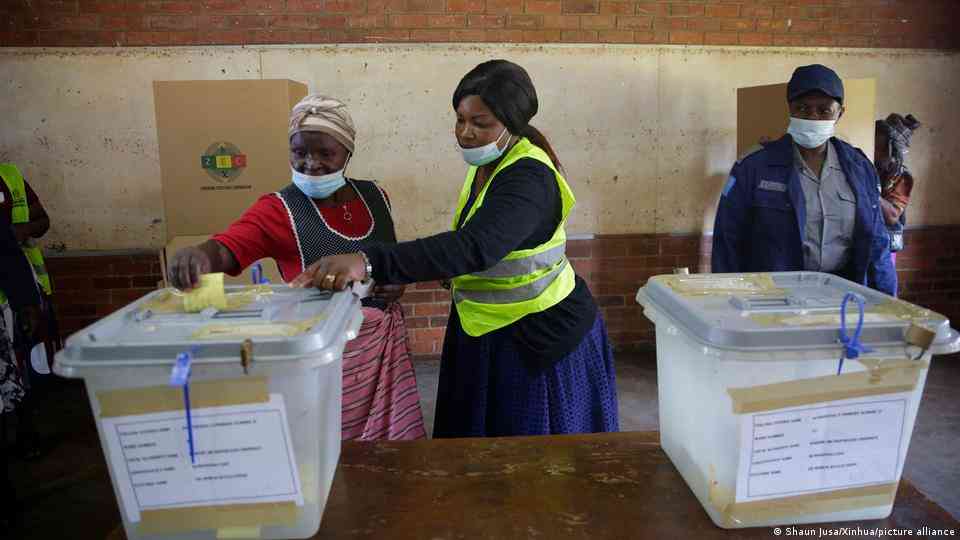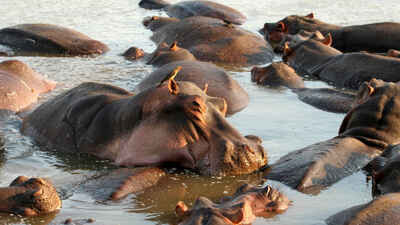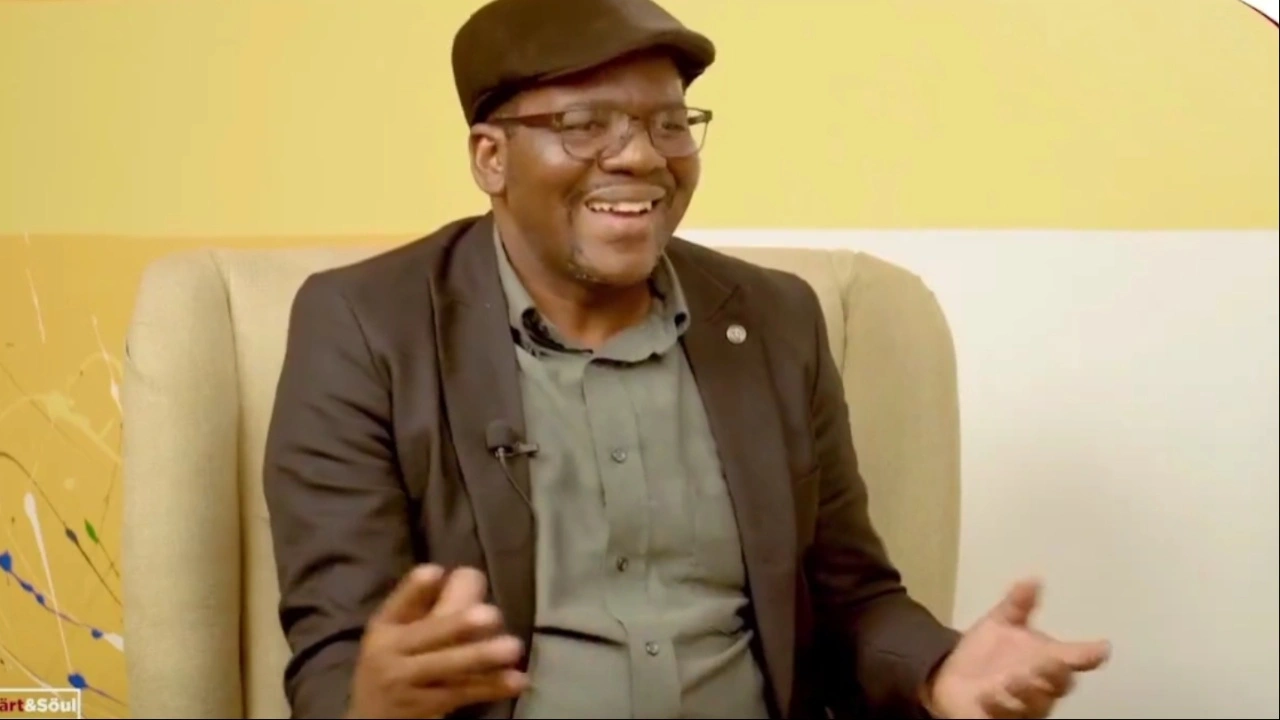
THE delay in the distribution of ballot papers in the August 23 elections deprived some women of voting in areas where polling extended into the night as a result of several factors that exist in a patriarchal society, political experts have said.
Chipo Dendere, a political scientist and associate professor at Wellesley College, said during a live discussion on X, formerly Twitter, that some women could not go and vote in urban areas where polling extended into the night as they feared for their lives.
“The election itself had serious problems. Let’s go back to 48 hours before the elections. The Zimbabwe Electoral Commission (Zec) knew very well that it did not have enough ballots for every Zimbabwean to be able to express their voice. It should have been made clear months ago that it’s very difficult for us to run ballot papers.
“There is no voice if people are getting a ballot at 10pm or 2am. Women did not feel comfortable going out at 10pm to vote. We know that it’s a society where women don’t feel safe going out at night. Not just that, most women have child care responsibilities. Elderly women would also not feel comfortable. There was also disenfranchisement of people with disabilities,” she said.
Women are the biggest voting population in Zimbabwe, accounting for 53,8% of registered voters.
In a patriarchal society, women are still primarily the caregivers who must engage in domestic chores as much as they must go out and fend for their children and families.
Political commentator Tatenda Kombora said voting at night forced women to choose between participating or going home.
“On August 23, women in Bulawayo had to choose either to cast their votes or go back home to take care of the family. Zimbabwe has been on a quest to achieve gender equality, in fact, it is a constitutionally guaranteed right, and whatever strides we have made in that regard were eroded by what happened on election day,” he said.
- Mavhunga puts DeMbare into Chibuku quarterfinals
- Bulls to charge into Zimbabwe gold stocks
- Ndiraya concerned as goals dry up
- Letters: How solar power is transforming African farms
Keep Reading
“In this day and age, women do not have to choose between participating in electoral processes and doing domestic chores; they should be able to do both if they so wish.”
Kombora added that people with disabilities and the elderly were also affected during the election as they spent long hours at polling stations.
“People with disabilities make up 11% of our population, therefore, their voices through the ballot are an important part of our democracy. Polling stations are not suitable for sitting positions because they are usually in schools, halls, open grounds, and the like,” he said.
“Places where any delay in voting could expose people to harsh weather elements can make it extra uncomfortable for those who cannot stand for a long time, such as the elderly and persons with disabilities. The delays disempowered persons with disabilities, who, for instance, included persons with albinism or those who use assistive devices to walk. The elderly walked long distances just to helplessly sit in the sun for hours on empty stomachs. This was an injustice on the part of Zec.”
More than two million voters, about a third of the registered voters did not cast their votes due to various reasons among them late distribution of ballot papers.










